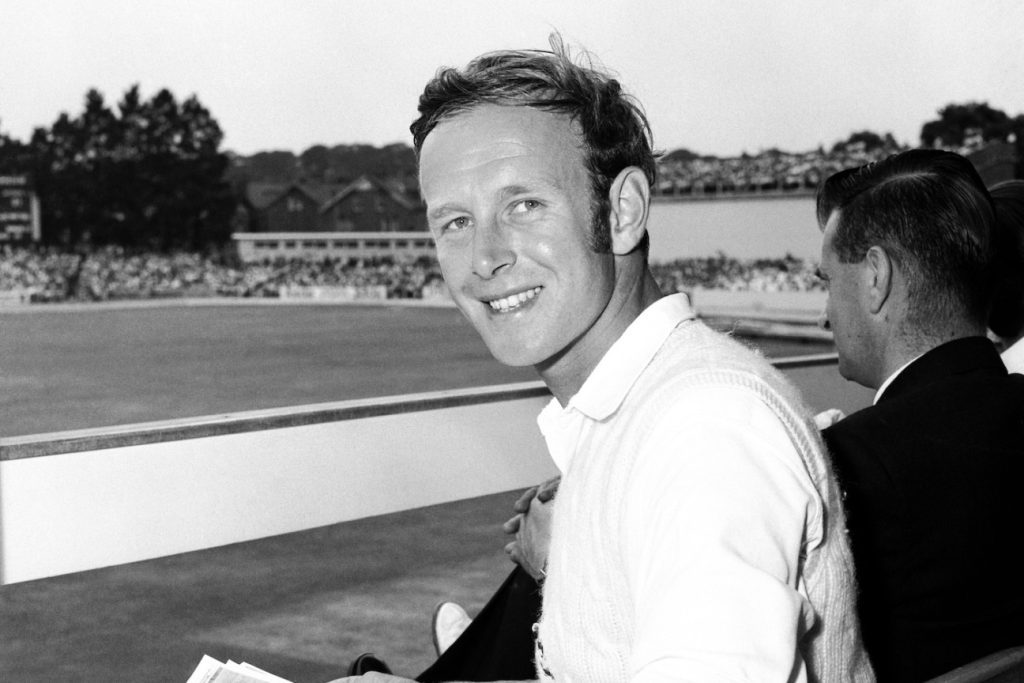Certainly! Here’s a paraphrased version of the article, structured in HTML format with headings and around seven paragraphs.
<div id="article">
<p>
<strong>Background of Cricket as a Working-Class Sport</strong>
Cricket has long been associated with the working class, particularly during the inflationary 1970s. Between 1973 and 1977, living costs in England jumped by 96%, but the pay for an England cricket cap increased by only 40%, from £150 to £210. Meanwhile, capped county players were earning an average of £2,600 a season, which could rise to around £3,000 with bonuses, leaving them earning less than skilled workers.
</p>
<p>
<strong>Disparities in Professional Player Rights</strong>
Professional cricketers lacked the basic employment rights seen in other occupations, facing issues like insufficient pensions and restrictions on transferring between counties. Derek Underwood recalled Kent's committee as particularly stingy, noting that players had little representation or job security. "There was a complete unawareness of the challenges faced by professional cricketers during the 1970s," Underwood remarked.
</p>
<p>
<strong>Kerry Packer's Role and Cash Incentives</strong>
In Australia, the tension between players and governing bodies was even more pronounced. Media mogul Kerry Packer, seeing potential in cricket's commercial viability, aggressively sought television rights. The Australian Cricket Board (ACB) initially rejected his bids, prompting Packer to focus on enhancing player salaries, which were still low compared to other sports.
</p>
<p>
<strong>Players' Defections and Relationships</strong>
England captain Tony Greig helped recruit players for Packer's World Series Cricket (WSC), expressing concern over financial returns in his letter to Packer. He feared he may be replaced by rising stars like Ian Botham and sought job security from Packer. Greig notified Underwood about the new series featuring international teams, highlighting the lucrative opportunity despite the risk of bans from county and Test cricket.
</p>
<p>
<strong>Commitment and Contractual Challenges</strong>
On April 11, 1977, potential recruits convened at a London hotel to meet Packer, who urged for swift contract signings based on mutual trust. While Underwood hesitated to sign without legal counsel, time pressure convinced him otherwise. After signing, he sought legal advice and successfully negotiated terms ensuring he could still play county cricket.
</p>
<p>
<strong>Financial Security and Career Security</strong>
Underwood found it challenging to secure his economic future amid the low pay he received, and he considered the allure of high pay in WSC. He was drawn to the opportunity to play high-level cricket and sought improvements for players' welfare. He highlighted his desire for a more professional dynamic within the game and believed that challenging the establishment was necessary for growth.
</p>
<p>
<strong>Backlash and the Changing Landscape of Cricket</strong>
The reaction in England to players joining WSC was overwhelmingly negative, with accusations of betrayal among critics. Greig faced criticism for his recruiting role, while Underwood and Knott were surprised by the hostility they encountered. The Committee’s response involved dismissals and calls for loyalty, reflecting a broader conflict as the cricketing landscape began to change with the advent of Packer's innovations.
</p>
</div>Feel free to customize further as needed!



